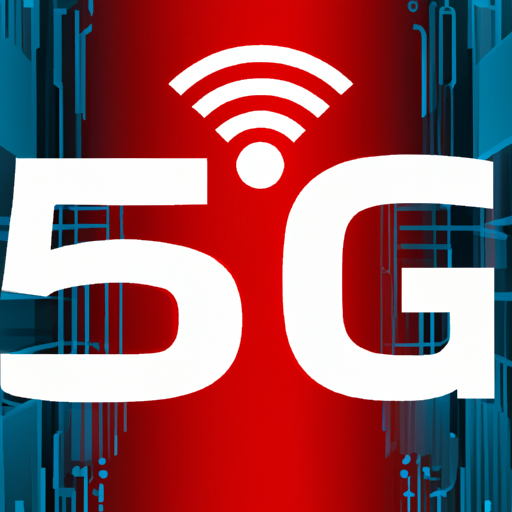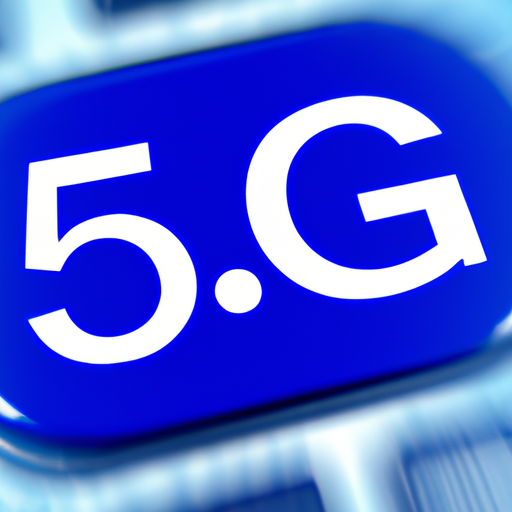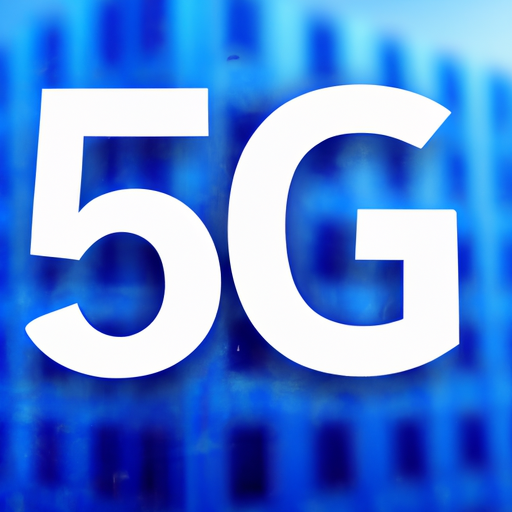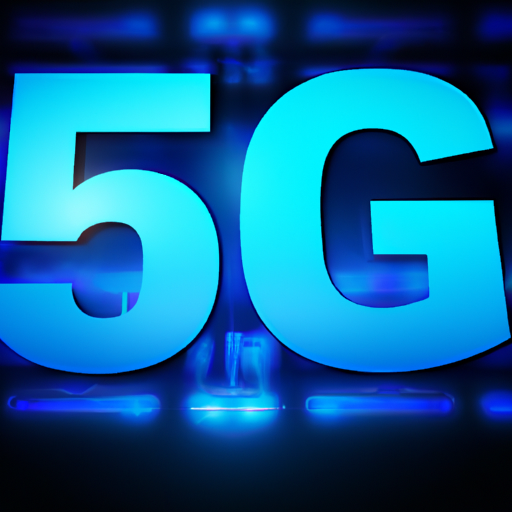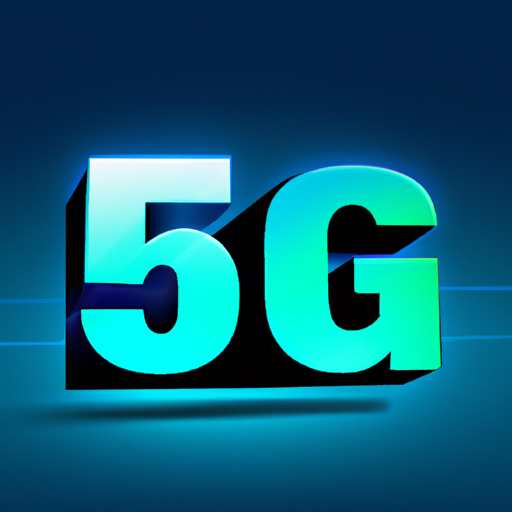Welcome to the era of lightning-fast internet and seamless connectivity! The 5G technology rollout is set to revolutionize the way we communicate and interact with the digital world. In this blog, we’ll explore what 5G is, how it differs from previous technologies, its benefits, and the implications of its widespread adoption.
What is 5G Technology?
5G technology, the fifth generation of mobile networks, promises to deliver faster speeds, lower latency, and the ability to connect a vast number of devices simultaneously. Unlike its predecessors, 5G can support the burgeoning Internet of Things (IoT) ecosystem, enabling smart devices to communicate with one another seamlessly.
Key Features of the 5G Rollout
- Faster Speeds: With download speeds expected to reach up to 10 Gbps, 5G technology is designed to make buffering a thing of the past.
- Low Latency: Latency is reduced to under 1 millisecond, allowing for real-time data transmission. This is crucial for applications such as autonomous vehicles and remote surgeries.
- Increased Capacity: 5G can connect up to 1 million devices per square kilometer, making it ideal for densely populated urban areas.
- Enhanced Reliability: 5G provides a more stable connection, leading to fewer dropped calls and improved service quality.
Benefits of the 5G Rollout
The 5G rollout opens up new possibilities across various sectors:
- Healthcare: Remote health monitoring and telemedicine become more effective with reliable connectivity.
- Transportation: From smart traffic management to automation in public transport, 5G can enhance transportation systems.
- Entertainment: 5G allows for high-quality streaming, augmented reality, and virtual reality experiences to flourish.
- Industry: The manufacturing sector can take advantage of smart factories that optimize operations and reduce costs.
The Global 5G Landscape
As the 5G technology rollout progresses, different countries are at various stages of implementation. Nations like South Korea and China are leading the way, while others are still laying the groundwork. Telecommunications companies are investing heavily in infrastructure to ensure widespread coverage, but challenges remain, including regulatory hurdles and the need for new hardware.
Challenges and Considerations
Despite its potential, the 5G rollout faces challenges such as:
- Infrastructure Costs: Building the necessary infrastructure can be expensive and time-consuming.
- Security Concerns: As more devices become interconnected, the risk of cyberattacks increases.
- Health Implications: Ongoing research is necessary to assess the long-term health impacts of 5G technology.
Conclusion
The 5G technology rollout is set to transform our digital landscape, enhancing connectivity, and enabling new technological advancements. As this new era unfolds, we must stay informed about its implications and ensure that its integration into society is beneficial for all. The future of connectivity is here, and it’s faster than ever!
Stay tuned for more updates on 5G technology and its impact on our lives!

